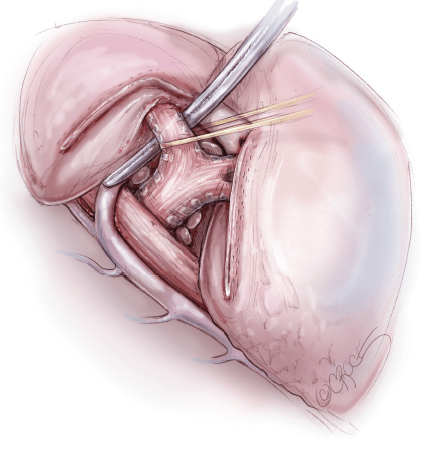Dr Cheng He is a Cardiothoracic Surgeon offering specialist care to adult heart and lung patients in the
Gold Coast
Dr Cheng He is a Cardiothoracic Surgeon offering specialist care to adult heart and lung patients in the
Gold Coast
Cardiac Surgery
- Coronary Artery Bypass Grafting
- Aortic, Mitral and Tricuspid Valve Surgery
- Ablation for Atrial Fibrillation
- VATS Left Atrial Appendage Closure
- Aortic Surgery
Thoracic Surgery
- Minimally Invasive Lung Cancer Surgery
- Pneumothorax Surgery
- Chest Wall/Mediastinal Tumour Surgery
- Rib Plating for Fractures
- Sympathectomy for Palmar Hyperhidrosis
- Insertion of PleurX Catheter
Diagnostic Procedures
- Flexible/Rigid Bronchoscopy
- Mediastinoscopy
- VATS Lymph Node Biopsy
- Pleural Biopsy
- Lung Biopsy

Contact Dr Cheng He
Smoking and Lung Cancer
Background
Lung cancer is the most common type of cancer diagnosed worldwide. In Australia, it is the leading cause of cancer-related death in men and the second-most common cause in women. The survival rates for lung cancer remain poor, with only 15% of patients alive at five years after diagnosis of lung cancer.

Tobacco smoking
Cigarette smoking is the largest single cause of lung cancer, and is responsible for up to 90% of lung cancers in men and 65% in women. Over 60 known cancer-causing chemicals (carcinogens) are found in cigarette smoke. The risk of lung cancer further increases with the number of cigarettes smoked and the duration of smoking, as well as with exposure to second-hand smoke. Smoking is also associated with a vast range of other cancers, including cancers of the mouth, throat, stomach, kidneys, and colon.
Smoking and surgery
Patients who continue to smoke often have poorer outcomes following surgery. There is strong evidence that smokers who undergo surgery have:
- a higher risk of lung and heart complications
- higher risk of infections after surgery
- poorer wound healing
- increased likelihood to be admitted to the intensive care unit
- increased risk of dying in hospital
- greater likelihood for longer hospital stay
The chemicals in cigarettes will place a greater strain on your body during and after surgery. Your heart rate and blood pressure will increase, therefore increasing the stress on your body during recovery. Increased mucus production and damage to the tissue lining that keep your lungs clear can narrow your airways and make it difficult to breathe.
The chemicals will make your blood more thick and sticky, and greatly increase the risk of blood clots, while impairing normal immune functions and potentially interacting with certain drugs required for surgery.
It is recommended that patients quit smoking at least four weeks prior to their surgery. This will allow important body functions, including blood oxygen levels, breathing, and immune response, to begin to recover and improve. Even if someone is a life-long smoker, quitting smoking for a short period of time before surgery will still have lots of benefits. After surgery, it is important that you do not start smoking again, as smoking will make recovery harder.
For more information, please visit the following websites:
Arrange your consultation
To make an appointment with Dr He please contact us via phone, e-mail or fax.
Most outpatients will have a referral letter from their general practitioner or medical specialist. If you do not have one we can guide you through this process. Please don’t hesitate to contact us.




